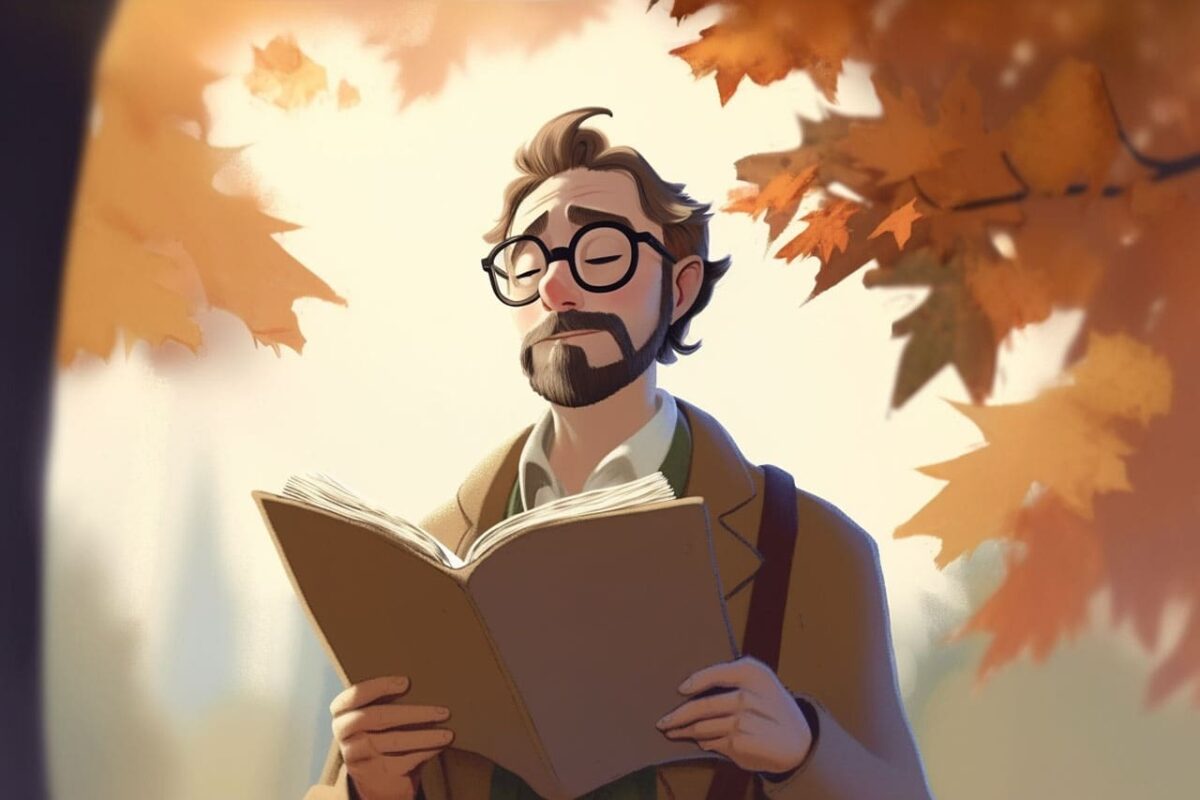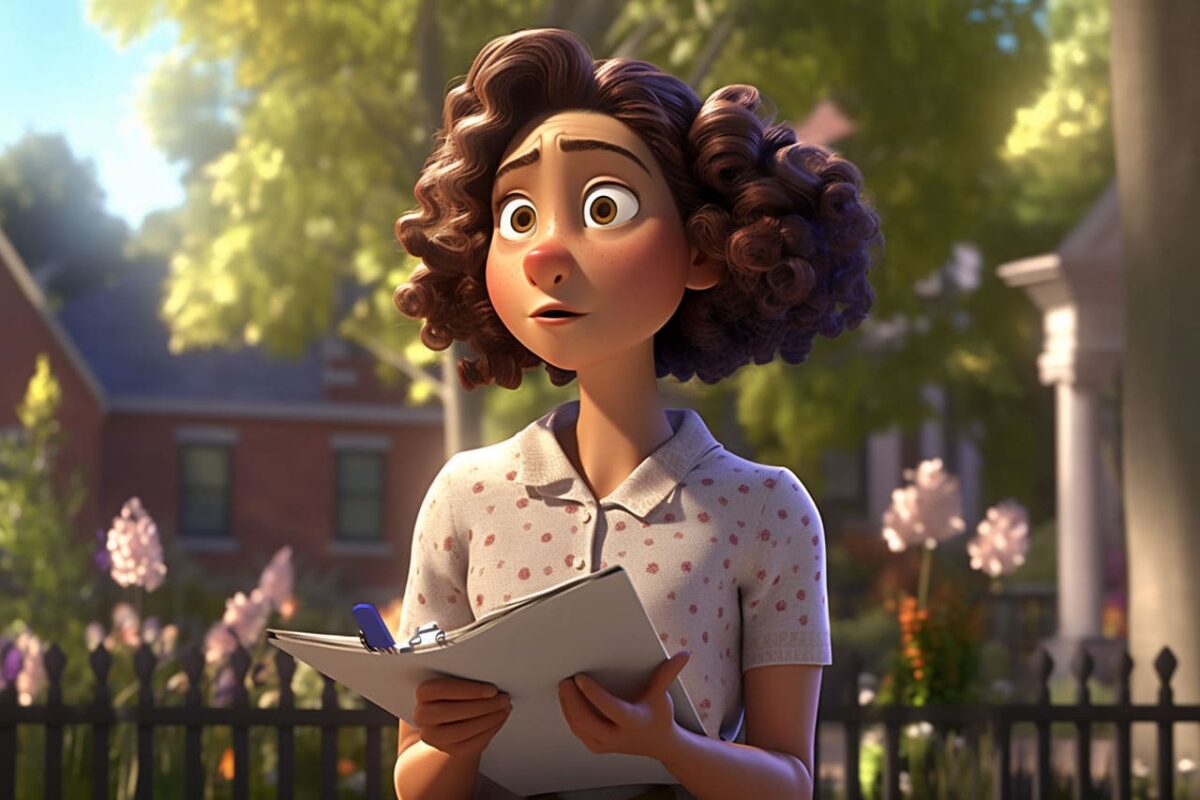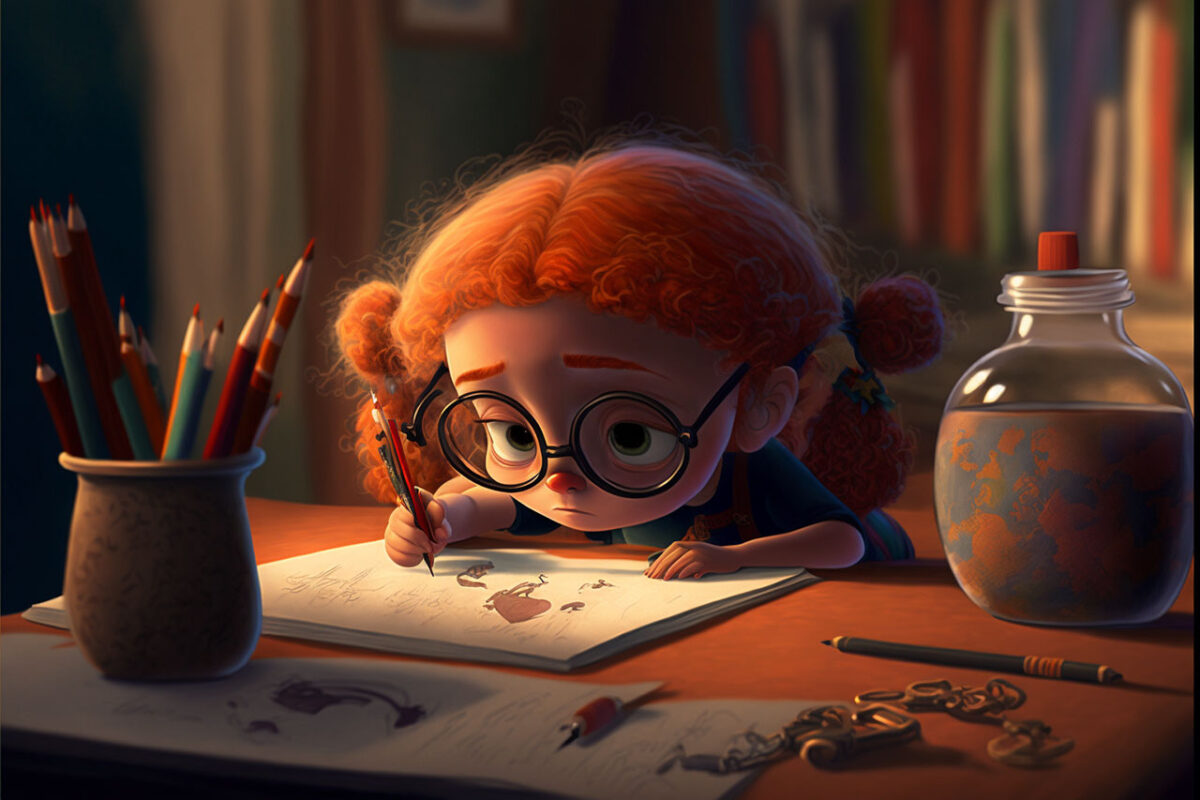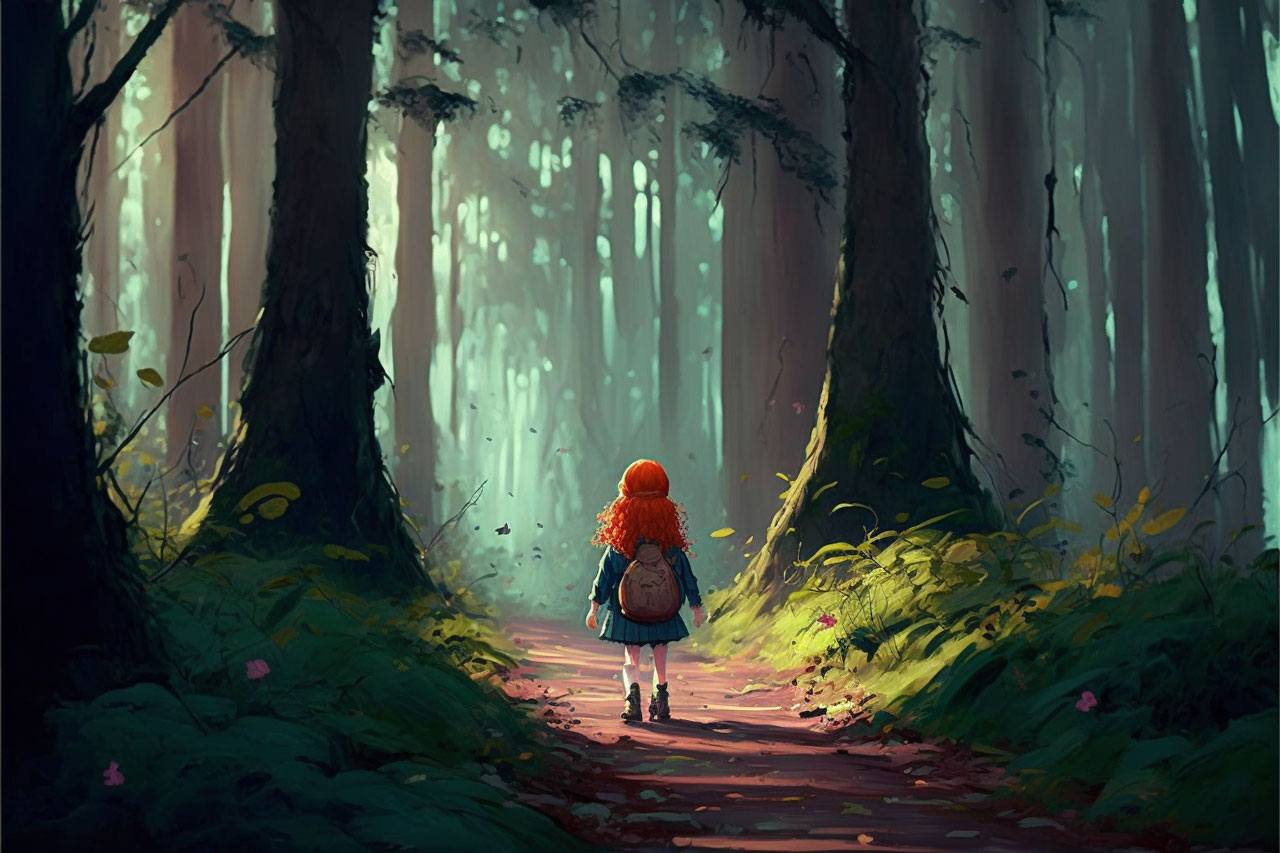Poetry is a diverse and multifaceted art form that can take many different forms and styles. There are many different types of poetry, each with its own unique characteristics and conventions. Understanding the different types of poetry can help you appreciate the full range and richness of this art form, and can also provide inspiration and guidance for your own writing.
One common way to classify poetry is by its form, or the way it is structured on the page. Some common forms of poetry include:
- Sonnets: Sonnets are poems with 14 lines that are usually written in iambic pentameter and follow a strict rhyme scheme. There are several different types of sonnets, including the Italian sonnet, which is divided into two sections called the octave and the sestet, and the Shakespearean sonnet, which follows a rhyme scheme of abab cdcd efef gg.
- Haikus: Haikus are short, three-line poems that originated in Japan. They are characterized by a strict syllable count, with the first and third lines having five syllables and the second line having seven syllables. Haikus often focus on nature and the changing seasons, and they often use imagery and figurative language to convey a sense of Zen-like simplicity and contemplation.
- Free verse: Free verse is a form of poetry that does not follow strict rhyme or meter patterns. It is characterized by its use of more natural, conversational language and its flexibility in terms of structure and form. Free verse poems can be as long or as short as the poet desires, and they often focus on more personal or emotional subjects.
Another way to classify poetry is by its content or theme. Some common themes in poetry include love, nature, loss, and political or social issues. Poets may also write about more abstract concepts, such as identity, memory, or the human experience.
Overall, the different types of poetry differ in terms of form and content, and each type has its own unique characteristics and conventions. Understanding these differences can help you appreciate the full range and richness of this art form and can also provide inspiration and guidance for your own writing.
Some Examples of Sonnets
The Golden Glow of Sunrise
As dawn breaks and the sky begins to light,
I wake to see the sunrise’s golden glow.
Its fiery hues ignite the morning sky,
A fiery orb that seems to rise and grow.
Each day anew, this daily spectacle
Brings hope and joy to hearts that long for more.
It breaks the night’s dark spell, and all is well
In this new day, with promise at the door.
The world awakens as the sun ascends,
And all the living creatures start to stir.
The world is new, with endless possibilities
As we embrace the day with open hearts and spirits free.
So let us rise and greet this dawn with cheer,
And make the most of every precious moment here.
A Kitten’s Playful Heart
A ball of fluff, with fur so soft and fine,
She roams and plays, a joy to all she meets.
Her purrs and mews, so sweet and full of life,
Bring joy and laughter to my lonely streets.
Her bright and curious eyes, full of wonder,
Take in the world with awe and innocence.
She leaps and bounds, a playful little sprite,
A source of joy in every circumstance.
But as the years go by, she grows and changes,
Her playful antics slowly fade away.
Yet still she brings me comfort and delight,
A faithful friend to brighten every day.
So here’s to you, dear kitten, full of cheer,
A source of joy and love, now and through the years.
Some Examples of Haiku
Time
The river flows on,
Carrying the past away.
Time’s ever-flowing stream.
Love
Love, a gentle breeze,
Softly whispers through my heart,
Bringing warmth and peace.
Peace
Peaceful, quiet night,
A calm and tranquil feeling,
Serenity’s light.
Some Examples of Free Verse Poems
The Loss of Innocence
Innocence lost,
A childhood’s end, a fading dream.
Gone are the days
Of carefree laughter and play,
Replaced by the weight
Of responsibility and pain.
But even as we grow and change,
A part of that innocence remains,
A flickering flame
That guides us through the shadows
Of a harsh and unforgiving world.
So let us hold on tight
To the memories of a simpler time,
And let them light our way
As we navigate the complexities
Of a life no longer innocent and free.
Afraid of the Dark
The dark, it surrounds me,
An endless void of emptiness and fear.
My heart races, my breath quickens,
As the shadows close in, all too near.
The night holds secrets,
Of things I cannot see or understand.
The unknown lurks in the darkness,
An unseen terror at every hand.
But as the moon rises,
Its gentle light begins to glow,
And I am reminded that I am not alone,
That the darkness cannot steal my soul.
So I take a deep breath,
And I push back against the fear,
And I find the courage to face the night,
To embrace the darkness and let it steer.
For in the end, I know that I am strong,
And the darkness cannot hold me down.
I am more than my fears and doubts,
And I will rise above, again and again, until the dawn.





